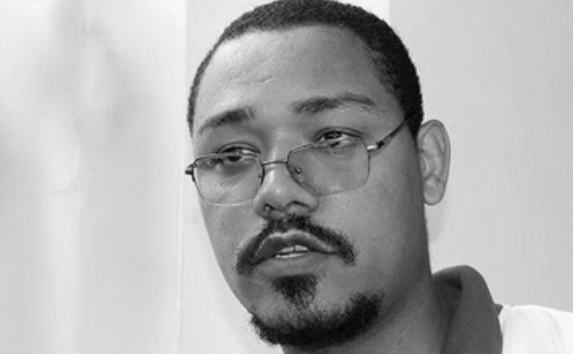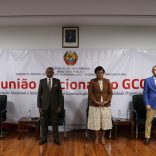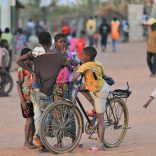The Republic of Korea supports food security for vulnerable communities in northern Mozambique
Obituary: Jorge Arroz (1981-2020) – Carta de Moçambique

Public health specialist Jorge Alexandre Harrison Arroz, who died yesterday of cardiac complications at a Maputo private clinic, was an outstanding activist for the rights of doctors and other Mozambican health professionals. President of the Medical Association of Mozambique between 2012 and 2013, he headed a mobilisation (in May 2013) that led young doctors and other health professionals to an unprecedented strike in the sector in Mozambique, including street demonstrations that had considerable support from sympathisers in Maputo.
ALSO READ: Mozambique: Doctor Jorge Arroz dies
On May 26, 2013, a Sunday, he was arrested on charges of “sedition”. Health professionals, who had been on strike for seven days, demanding a 100 percent salary increase and the approval by parliament of the Doctors’ Statute, met outside the police station where he was being held and only dispersed when Arroz was restored to freedom. The news of his arrest had spread quickly on social media, attracting hundreds of supporters to the police station where he was incarcerated.
That same night, General Police Command Chief of Operations António Pelembe said that Arroz had not been arrested, but had been notified to make statements. “The police found Jorge Arroz in ‘flagrante delicto’, meeting at the Medical Association of Mozambique to outline a strategic plan for how to carry out the strike tomorrow. Such a plan aimed at closing all health units in order to prevent those who conscientiously provide minimal services to patients [from working], [causing] the evacuation of all patients out of hospitals,” he said at the time.
Former Judge-Counsellor of the Supreme Court, João Carlos Trindade, rebutted this argument, saying that “a meeting of representatives of a professional class, in a room at the headquarters of their organisation and in the exercise of the constitutional right to strike, cannot be confused with riot or turmoil”. The day after his arrest, Jorge Arroz joined the doctors’ class at a meeting where they expressed their intention not to bend in the face of “intimidation”. Doctors considered the arrest of their leader to have been merely a failed attempt to intimidate them, and upheld the strike. “I am not at all intimidated. What I suffered will not affect the cause in any way. Even the police officers who arrested me identify with our cause,” said Jorge Arroz, at the end of a meeting of health professionals.
Jorge Arroz’s detention mobilised many on behalf of the doctors and other medical professionals. The Mozambican Bar Association (OAM) wrote that the detention exhibited numerous illegalities, “namely, but not exclusively, because the facts imputed to the aforementioned do not fulfil the legal type of crime of sedition, foreseen and punished by article 179 of the Code Criminal Law: and also due to the fact that Article 213, in conjunction with Article 305, both of the Code of Criminal Procedure, expressly states that ‘No one can be arrested for a crime that admits provisional liberty by means of a bail’, as is the case here”. The OAM was chaired at the time by lawyer Tomas Timbane, who called for dialogue between the government and the strikers.
That was what happened. The doctors’ claim package included the improvement of housing conditions (especially for doctors working in the interior of the country) and the approval of the Doctors’ Statute, in addition to an attractive remuneration package. There were specific agreements for each aspect and some expectations were not met. The issue of “Doctor’s Status” was addressed more peaceably, but the wage negotiations dragged on until the end of 2013.
After leaving the leadership of AMM, Jorge Arroz dedicated himself to his studies. He had already completed a Master’s in Public Health at ISCTEM, in Maputo, and then went to Lisbon, where in July 2018, he earned his PhD in the international health area, specialising in tropical public health, with a thesis entitled “Comparing two models of massive distribution of mosquito bed nets in rural districts of Mozambique”. When he returned, he left the National Health System and went to work for a non-governmental organisation. He was a native of Tete.
By Marcelo Mosse












Leave a Reply
Be the First to Comment!
You must be logged in to post a comment.
You must be logged in to post a comment.